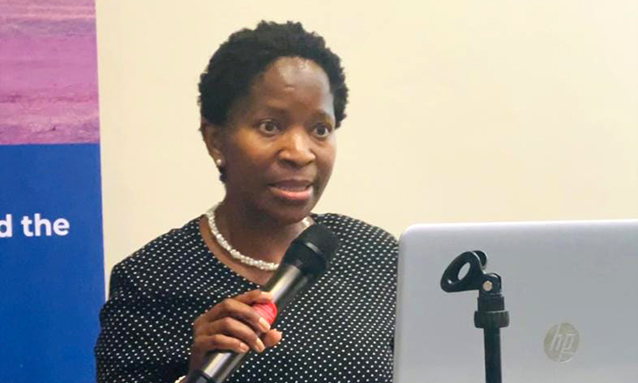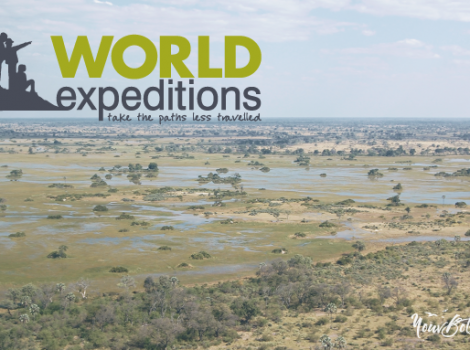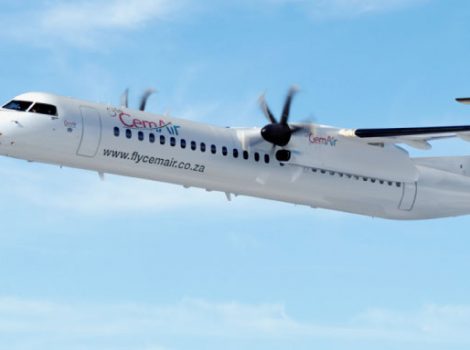
As efforts to promote high-end tourism in Botswana continue, the Hospitality and Tourism Association of Botswana (HATAB) has defended what some sections of society describe as “expensive” or “unaffordable” tourism services.
HATAB Chief Executive Officer (CEO) Lily Rakorong does not deny that prices could be too high for some, but is quick to note local tourism services will continue to remain “expensive” due to a series of expenses incurred by the operators. She singles out air travel, which she says on its own, remains expensive due to airport taxes charged by the Government through the Civil Aviation Authority of Botswana (CAAB).
“In tourism as with any other product, there is market segmentation, and when people choose packages, they should go for what they can afford. People should also understand that tourism is in two folds, that is business and leisure tourism,” says Rakorong.
Rakorong also states there is a need for public education on the packages tourism operators offer, adding that locals can enjoy low, medium and high packages.
“We also need to admit that the product being offered, especially in the Okavango Delta and Kasane areas, are high end products. But at the same time, we need to bear in mind that the cost of doing business in those areas does not get any assistance from the Government like a hotel that is based in an urban settlement,” adds Rakorong.
She says tourism operators in the high end areas incur major costs such as ensuring that there is good road network, water supply etc.
“There are no subsidies for those high end tour operators because when we talk about power, they are not connected to the national grid, they have been ahead of the solar curve, in part to also help address climate change issues.”
“The airstrips in the high end areas are managed and taken care of by the operators, so the cost of doing business is still high, and when we talk about these things, we need to elaborate because the purpose is not to shut out anybody. The product they offer has its own target market,” says Rakorong.
Rakorong further says consumers should plan ahead for leisure tourism to be able to enjoy the best deals on offer.
“Some Batswana travel to these high end areas, and even did pre-COVID,” adds Rakorong.
Rakorong shares that there is an opportunity for local entrepreneurs to tap into the local tourism industry as the medium cost packages have not been explored. Last year, a global analyst group alarmingly revealed that Batswana prefer to travel outside their own country where pricing is too prohibitive. In a new report titled Botswana Tourism Industry Report 2021, researchandmarkets.com says since the pandemic broke out, lockdowns and the ban on international travel have created numerous challenges that threaten the survival of the tourism sector.
“Botswana has maintained strict Coronavirus regulations for the movement of tourists, resulting in operational and financial challenges for the tourism industry,” says the report.
“Tourism marketing has traditionally been focused on international tourists, but domestic marketing has been explored since the pandemic. The country’s tourism products are largely wildlife-based and highly priced, leaving many citizens with little option but to travel outside the country.”
Botswana’s efforts to revive the tourism industry post-COVID lockdowns are also seen as likely to be hampered by negative publicity arising from international concerns over environmental problems blamed on tourism activities in the wildlife-rich north.
“Environmental concerns have been raised in the northern part of Botswana, particularly and including noise, land, (and) water and air pollution. Over the years, there has been an increase in the number of vehicles, including mobile safaris, private cars and suppliers of goods,” the report notes.
However, the group said Botswana has also gained positive benefits from the pandemic, including increased awareness, the promotion of eco-tourism and sustainable tourism ethics and practice. The analysis noted that some flagship tour destinations in the Okavango Delta and Kalahari Desert are now offering environmentally-friendly tour packages.
The Government wants to grow the tourism industry to help diversify the economy away from its dependence on mineral commodity exports. In 2019, tourism employed 8.9% of the national workforce and contributed 13.1% of the Gross Domestic Product (GDP). Some of the local tour operators highlighted in the report are Chobe Holdings, Cresta Marakanelo, Mosu Safari Tours, Wilderness Holdings, Shifting Sands Services, Savuti-Linyanti Khwai Group of Camps, Peermont Global Botswana, Ngamiland Explorations and Gondwana Travel and Tours.
Source: https://www.sundaystandard.info/hatab-defends-expensive-local-tourism/



